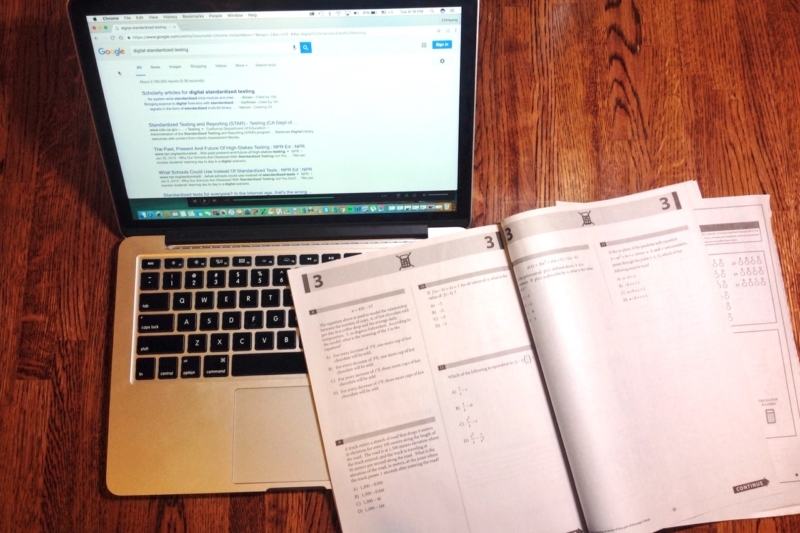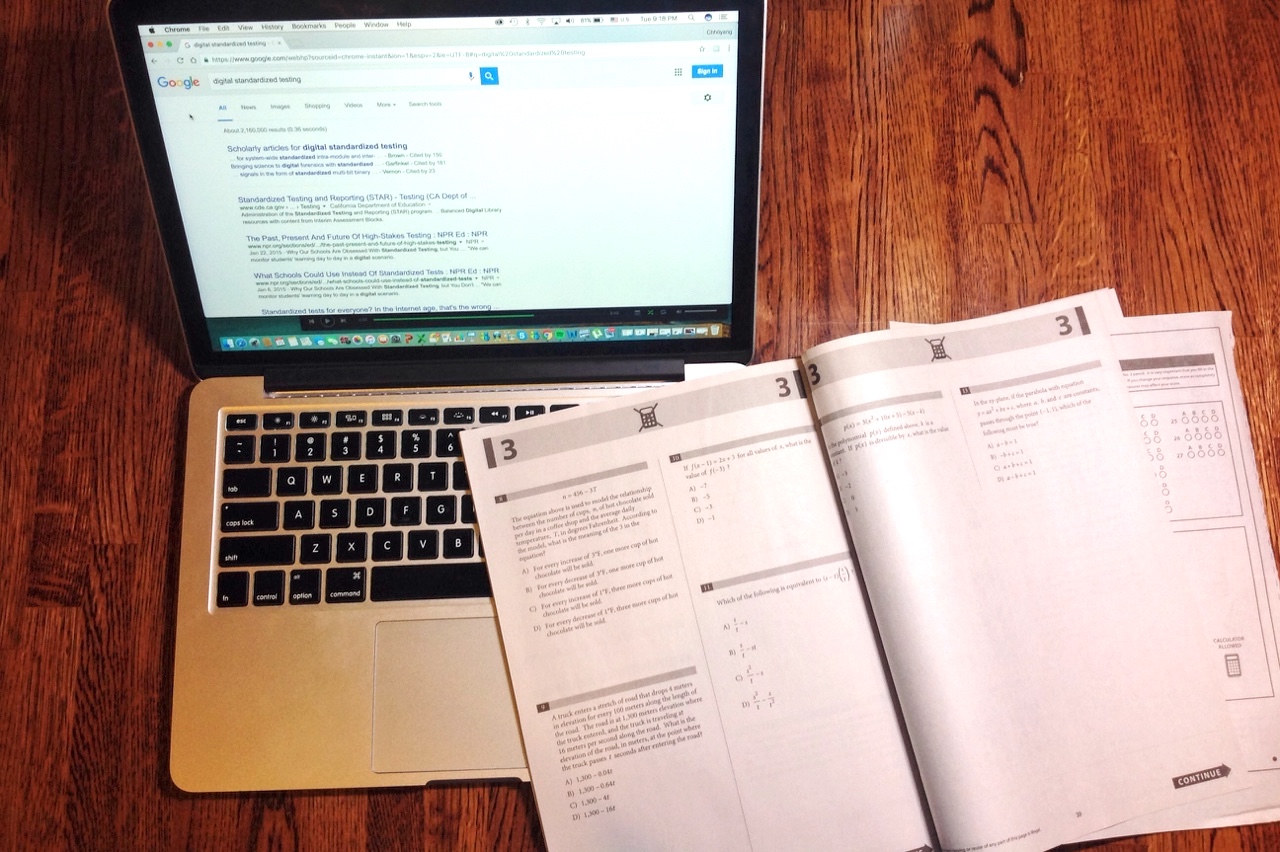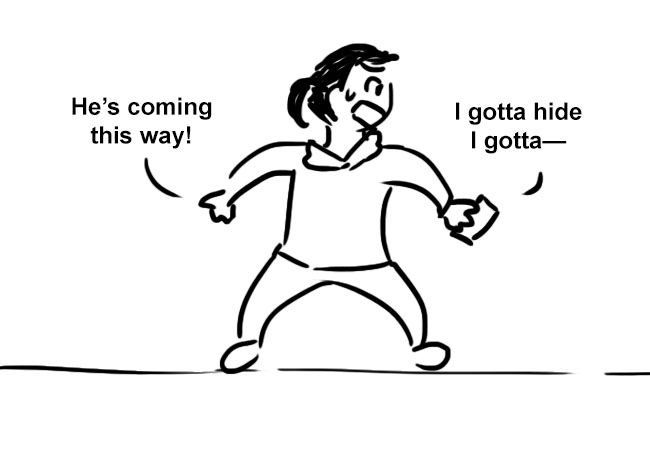OPINION: Ditch the digital testing

By Choyang Ponsar,
BlueDevilHUB.com Staff–
As the revisions to the newly digitized Smarter Balanced Assessment Consortium (SBAC) portion of the CAASPP standardized test start to become fully implemented in next few years, problems with assumptions about students’ computer knowledge and how much the district’s bandwidth can handle have already begun to pop up.
In Davis, 9.4 percent of children are considered to be below the poverty line according to the United States Census Bureau. Simply put, these kids may not have reliable internet access or internet access in general at home. As a result, these kids may depend on Davis High for internet access, something that is not possible with digital testing, since Davis High prohibits the library and classrooms from accessing the internet during testing month.
This means digital testing widens the socioeconomic achievement gap,which is not acceptable.
In addition, many teachers depend on educational sites for teaching and the digital cloud to facilitate projects. Prohibiting the internet for these classes effectively shuts down the opportunity to learn, the ultimate goal of education itself.
Moreover, digital testing is clunky, detracting from the test taking experience.
I distinctly remember taking part in the trial run of the digital test two years ago. The test would have questions requiring you to drag a choice from a test bank into an answer box only to find out that your action was not registered, because the district computers were unable to sync with the program effectively.
Graphing was also a nightmare, as drawing lines took more than a few times to accomplish and directions on the test were unclear and confounded. Moreover, the digital calculator provided was clunky and inefficient, taking away valuable testing time.
But the worst part that I remember from the trial tests was how you were not allowed to go back to your previous answers after you passed them. With written standardized tests you can easily skip a question you’re struggling with and go back to it later, within test boundaries.
Sure, written tests come with the unfortunately thick booklets, a colossal waste of paper, but at least they have more clarity than digital tests.
I have no doubt that in the next few years DHS will fully transition into digital standardized testing, but I hope that it can recognize the obvious flaws and fix them.




